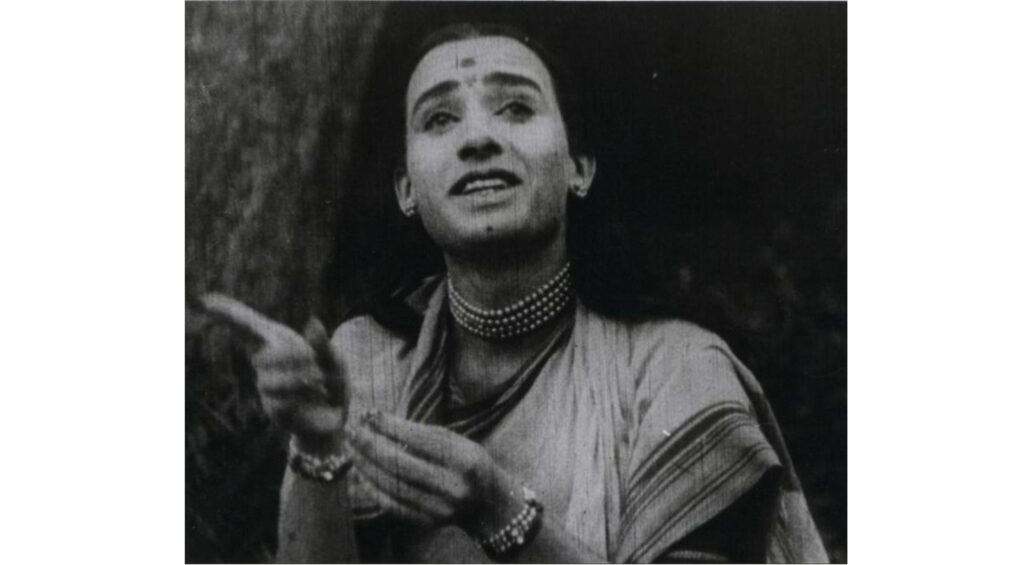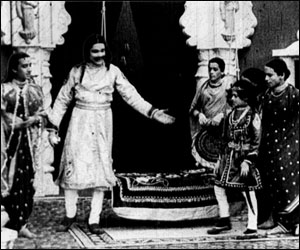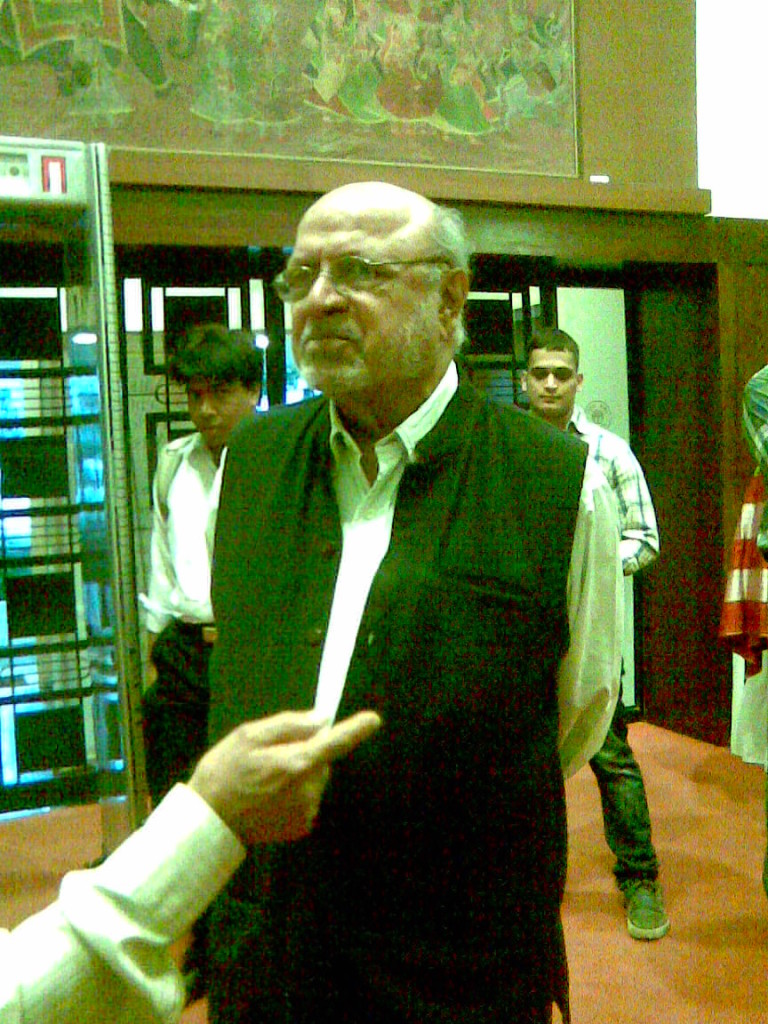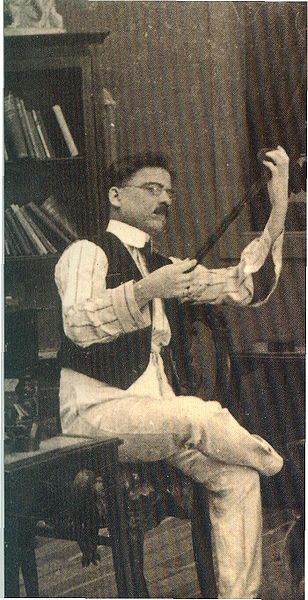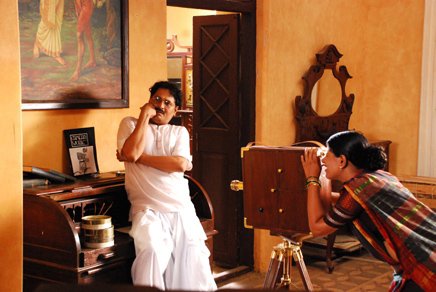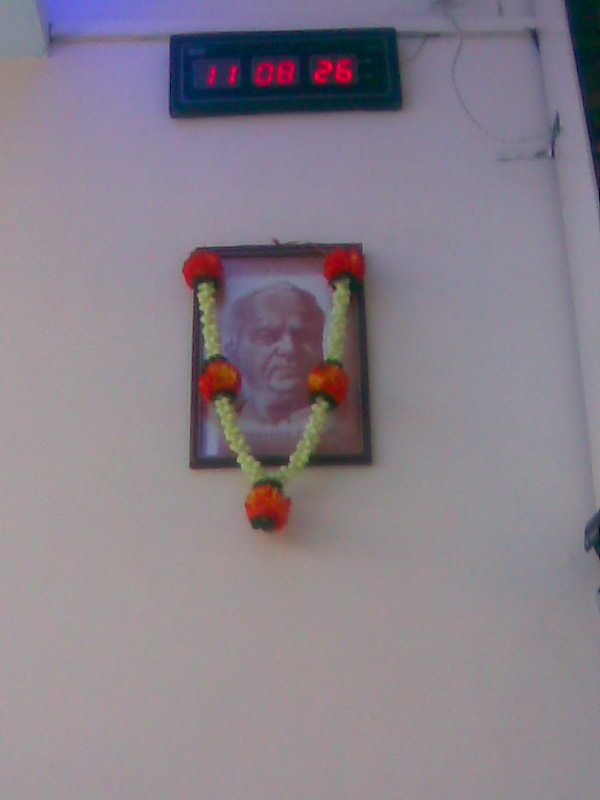Legendary filmmaker Dhundiraj Govind Phalke aka Dadasaheb Phalke gave birth to Indian cinema after he made the very first Indian movie Raja Harishchandra in 1913. Hence, he is known as the father of Indian cinema.
Phalke was smitten by the Hindu mythology. Hence, his films were mostly based on various mythological tales. One such film he made four years after Raja Harishchandra was Lanka Dahan.
Lanka Dahan is based on one episode from the epic Ramayana. Sita is abducted by Ravana and kept in Lanka [now Sri Lanka]. Her husband Lord Rama joins hands with his greatest devotee Hanuman along with his vaanar sena [army of animals] to help free Sita. In order to confirm if Sita is indeed in Lanka, Hanuman flies off to the island and finds Sita over there.
He presents the ring given by Rama as his identity and proof. While Hanuman is about to return, he is captured by Ravana’s army and is presented in the court. Ravana orders Hanuman’s tail to be set on fire. As soon as his tail is ignited, Hanuman escapes from the court and burns the entire city of Lanka with his tail [Hence, the title Lanka Dahan. Dahan translates to “setting anything on fire”].
Hanuman escapes from Lanka and gets reunited with Rama at the other shore of the Indian ocean. His act gives a blow to Ravana’s morale.
Women weren’t allowed to act in movies in those days. So it was a common practice to cast men in female characters after working a lot on their look and attire. Actor Anna Salunke regularly played female characters in Phalke’s movies. The filmmaker had cast him for the first time in his first aforementioned movie Raja Harishchandra.
Salunke used to work in a small restaurant in the Grant Road locality of Mumbai. When Phalke was struggling to find a female to play the role of Taramati in Raja Harishchandra, he, out of sheer co-incidence, came across Salunke in the restaurant. After getting convinced that he can be a good fit for Taramati, Phalke immediately cast him. Salunke continued his association with the filmmaker in his future films.
Salunke achieved a rarest of the rare feat in Phalke’s Lanka Dahan after he was cast as both Rama and Sita in the movie. The reason for casting the same actor in both the roles isn’t known. But it made Salunke the first actor in Indian cinema to play a double role.
Even more than 100 years after the film released, this remains a rare feat of a man playing the role of two people of two different genders in one movie. In the picture above, Salunke is seen as Sita.
This trivia was recently shared in the event CineTalkies in Mumbai organized by the Information and Broadcasting Ministry.
Rare find of a scene from Lanka Dahan:
Also read:
Review of Harishchandrachi Factory – based on the making of Phalke’s first movie
